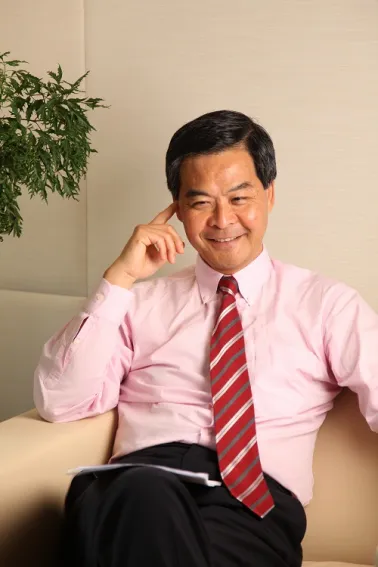
In case you've missed it, here's CE Leung's economic blueprint
Guess where he focused in his address.
According to UBS, for good reasons the 2013 policy address, which was delivered today by Leung Chun Ying, Hong Kong’s Chief Executive (CE), attracted a lot of attention.
It was the first address by Leung—typically in the first year of the CE’s term the policy address is a platform for the CE to communicates with the public on his policy direction and strategy for his five-year term.
In a nutshell, land development—the build up of big land reserves for potential supply—is the key that defines Leung’s policy address today. There are little surprises on the housing front. Housing aside, what is interesting though is the desire by Leung to formulate an industrial policy for HK.
Here's more from UBS:
Rather than just leverage on HK’s existing strength, an Economic Development Commission (EDC)—a high-level and cross-departmental body—will be set up to broaden HK’s economic base.
1. Housing
Housing again takes centre stage in the 2013 address, as property prices advance and affordability worsens. In fact, it is hard to recall a year in the last 15 years when housing was not a focal point of the policy address.
As expected, supply side measures—comprised mainly of short to long term efforts to boost land supply—set the tone of the 2013 policy address. There is little surprise here, given that the policy speech is not an appropriate platform for counter cyclical measures to restrain demand. Prudential measures can be rolled out anytime as the government sees fit. The main thrust of the housing measure is the plan by government to develop new land extensively and build up an abundant "land reserve" that can more than meet the demand. Leung detailed a number of tangible ways to increase land supply during his tenure.
The government is not committed to a new and higher housing production target the next five years. But it does allow for some flexibility in increasing the plot ratio of the existing project pipelines as appropriate. The government also pledges to increase the production of public rental housing to 20k per year (from the current 15k); but it will only take effect from 2018 onwards.
2. Enhancing competitiveness
Housing aside, maintaining Hong Kong’s competitiveness has always been a prime objective of any policy address. The means to achieve such objective in the past policy addresses were typically through the strengthening of Hong Kong’s existing core business competences (service sectors such as financial, tourism, logistics and so on); or the grand infrastructure plan spearheaded by Leung’s predecessor, Donald Tsang in 2007.
There were also proactive moves by Tung Chee Hwa, Hong Kong’s first CE, attempting to diversify Hong Kong’s industrial structure. His initiatives included the Cyberport for tech, Chinese medicine centre and so on; but none really took off to become a meaningful growth driver.
Generally speaking, there is not much proactive growth strategy to speak of in Hong Kong. Economic development in the last 15 years has largely been passive, riding predominately on positive Chinese trends.
Industrial policy
Does Leung offer any new vision/direction? He is indeed trying. Leung sets out an objective to formulate an industrial policy, which is something new. For doing so, an Economic Development Commission (EDC) will be set up. It is a high-level, cross-departmental and cross-sectoral body, looking to broaden Hong Kong’s economic base. Under the EDC, working groups on transportation, convention & exhibition industries, tourism, manufacturing industries, innovative technology, cultural & creative Industries, and professional services will be set up to make concrete recommendations to the government.
Core industries
To a large extent Leung nevertheless continue to stick to the strategy of building upon Hong Kong’s core industries and develop around China’s 12th Five-Year Plan, for instance:
For the financial sector, a Financial Services Development Council (FSDC) will be established to identify areas to enhance and expand HK’s role as a regional financial centre. Offshore RMB business, especially in the areas of cross-border RMB trade settlement, the issuance of offshore RMB bonds and securities products, is a major area of future growth.
Business and professional services, to leverage on the opening up of the mainland’s services market for HK.
International shipping centre; Hong Kong seeks to reinforce the maritime service cluster and develop high value-added maritime services.
There is nothing on tourism in the policy address, the development of which is likely to be dealt with by EDC as it set up, in our view. But the address by Leung to the Legislative Council last year showed the government is now aware of the capacity issue. Leung told the Legco late last year that, ‘the shopping and other activities of Mainland visitors to Hong Kong have both positive and negative effects to different extents on local residents in different districts and sectors. The HKSAR Government will closely monitor the situation. The HKSAR Government and the Central Government will continue to look at Hong Kong's capacity.’ In a nutshell, capacity should now be a consideration in the development plan for the tourism sector going forward.
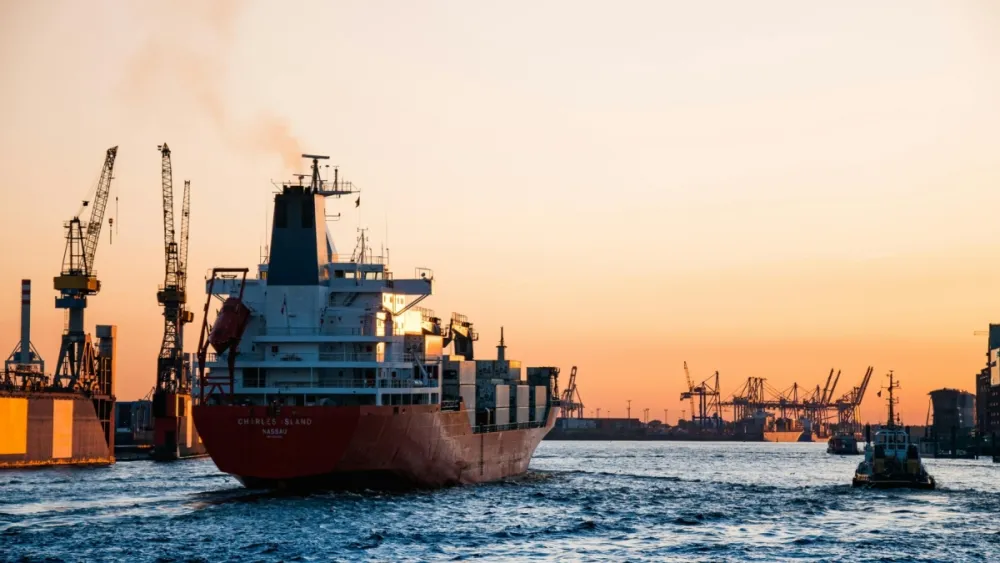
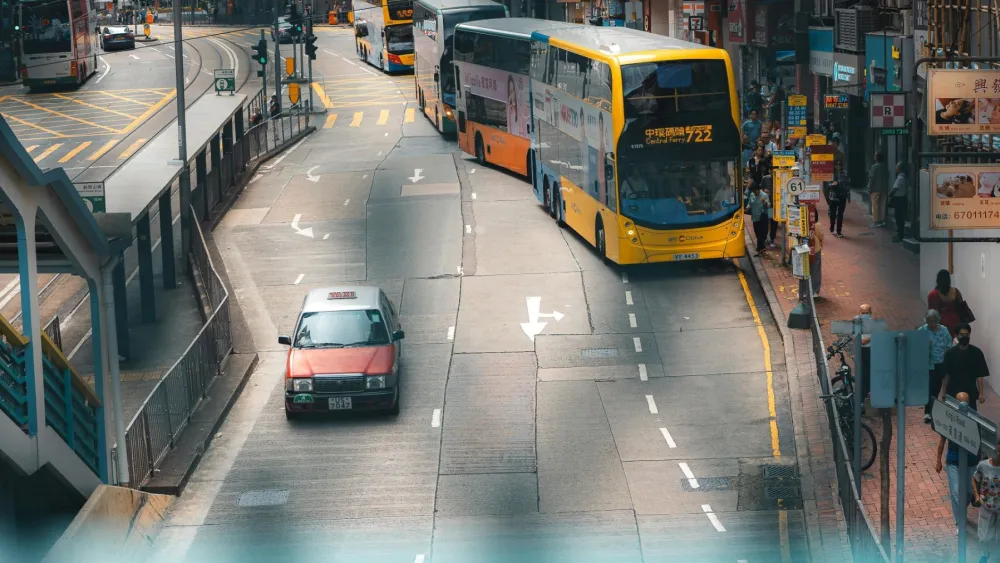
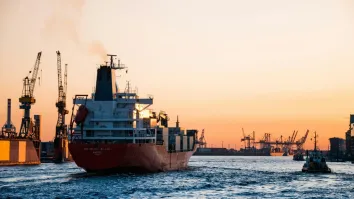

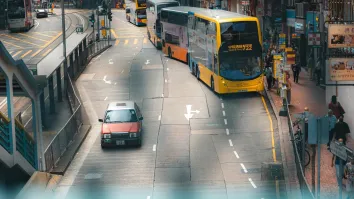
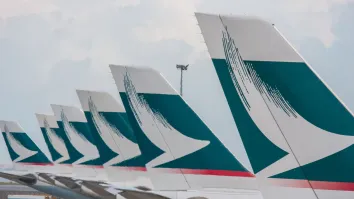













 Advertise
Advertise






